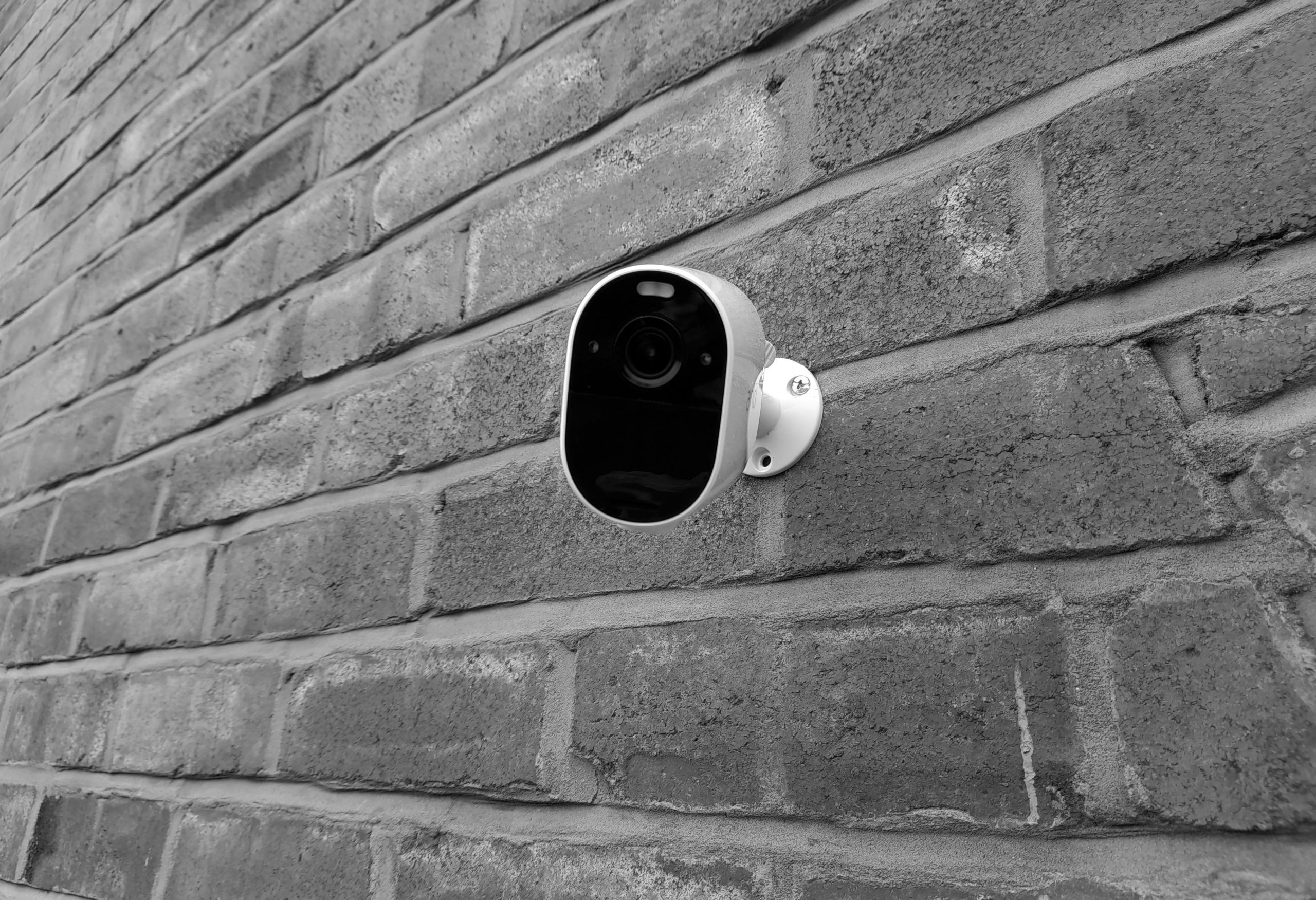Table of Contents
- Introduction to Wired vs. Wi-Fi Home Security System
- Pros and Cons of Each System
- Which is Better: A Wired or Wireless Home Security System?
- Available Features for Each System
- Conclusion
- Frequently Asked Questions
Introduction to Wired vs. Wi-Fi Home Security System
In the age of the latest technology, there is a wealth of options when it comes to protecting your home against potential intruders. While traditional wired security systems are still widely in use, the introduction of wireless models has unlocked a new range of possibilities.
Wireless security systems are becoming more and more popular as they provide plenty of advantages over wired ones. With wireless security systems, you don’t need to connect each device with cables – which can cut down on setup time and cost – and relocation is often easier too.
Wireless security systems are also expandable, meaning you can add connected devices in the future should your needs change or additional threats arise. This allows for greater scalability and better protection through constant monitoring with minimum effort.
As such, carefully considering both wired and wireless alternatives is important before investing in a home security system. By comparing the options, you can determine which one best suits your needs while matching any requirements that you might have.
In this blog post, we’ll take a closer look at both types of systems and help you determine which is best for your home.
Pros and Cons of Each System
When considering home security systems, it is important to understand the unique advantages and disadvantages of both wired and wireless systems.
Wired home security systems are known for their reliability, as the physical connection between components can be counted on to remain intact. On the other hand, a wired system may be more time-consuming and costly to install, as it requires running electric wiring through your home.
Wireless systems, however, have the advantage of being easier and faster to set up, with no need to lay cables or wires throughout your house. Wireless systems also offer greater portability if you ever decide to move homes. Regrettably, wireless signals can be easily disrupted by obstructions such as walls or trees which can render them unreliable if they cannot maintain an uninterrupted connection.
Though each type of system has its own benefits and drawbacks, when choosing a home security system that is right for you it is essential to consider all the available options before making a final decision. By taking into account the cons and pros of both wired and wireless systems, you can make a more informed choice regarding how best to keep your home safe from intruders.
Which is Better: A Wired or Wireless Home Security System?
When it comes to home security systems, there is no one-size-fits-all solution that works for everyone. The deciding factor often comes down to ease of installation and maintenance versus cost and reliability.
When it comes to cost, wired home security systems are generally more expensive since they require a complex network of wires to be installed within your home. While this installation process can be costly upfront, it delivers greater reliability and signals stability over a longer period of time.
On the other hand, wireless systems offer convenience since they require much less wiring and are easier to install in existing homes with minimal disruption. However, due to their reliance on batteries which must be regularly replaced or recharged, their reliability is not as good as a wired system.
In the end, the better option between wired or wireless systems will vary significantly depending on individual needs and circumstances.
Available Features for Each System
Home security systems can provide an important layer of protection for homeowners, ensuring that their property is safe and secure. There are a variety of options available to choose from, including wired and wireless systems, each with its own advantages and disadvantages.
Wired Home Security System

A wired home security system involves placing multiple sensors around the property and connecting them to a central control unit. A wired system offers added reliability due to its hard-wired connections, as well as increased flexibility in terms of where it can be installed within the home.
However, its installation involves more complex wiring processes so most people opt for a professional installation service when installing a wired system. Additionally, most wired systems require periodic maintenance checks in order to ensure optimal functionality.
Wireless Home Security System
A wireless system typically relies on one large base station along with several small devices that collect data as needed. Wireless systems, unlike the wired system, offer greater convenience due to their easier installation process – requiring only that batteries be replaced regularly – and lack of physical wires running through the home.
Furthermore, some models feature motion sensors or doorbell cameras which allow homeowners to monitor activity by viewing videos online in real-time. As such customers might prefer these features over those offered by wired systems.
Regardless if it is wired or wireless, both types of systems provide essential theft deterrents thereby helping homeowners protect their property and possessions against intruders. Even still whether one would work better than the other depends on specific preferences and particular environmental conditions.
Homeowners should weigh all the pros and cons of each type of system and decide which one best suits their security needs. With this information in mind, homeowners can make an informed decision on what type of home security system is right for them.
Conclusion
Selecting the right home security system for your property can be daunting but it does not have to be. By doing research, weighing the pros and cons of wired vs. wireless systems, and considering the professional installation and monitoring services, homeowners can make an informed decision on what type of system best meets their needs.
Both types of systems have their own set of features that can be beneficial for different types of homes and families. When choosing a home security system, it is important to keep in mind your specific needs and budget in order to find the right system for you.
Frequently Asked Questions
A wired home security system offers more reliable connections and support for a greater range of accessories, such as motion detectors and cameras. Also, since it is connected directly to existing power outlets, there is no need to worry about battery replacements or changing power sources.
A wireless home security system is often easier and faster to install, making it an ideal choice for those who want a quick setup with minimal fuss. Since its components are battery-powered, they can be placed anywhere without needing a power outlet nearby.
This makes wireless systems more flexible in terms of the placement of sensors or contacts.
Wired home security systems work by connecting alarms, motion detectors, and other components to existing power outlets. When an alarm is triggered, it sends a signal over the wiring which then triggers the control panel or monitoring service.
The control panel can then alert authorities or homeowners of the issue.
Wireless home security systems work by connecting components such as alarms, motion detectors, and cameras to a control panel or monitoring service via a wireless signal.
When an alarm is triggered, the control panel will then alert authorities or homeowners of the issue depending on how it has been programmed.
Wired home security systems require more time and effort to install and can be more expensive due to the need to run wiring and connect each component to a power source.
Troubleshooting issues can also be more difficult since each component needs to be connected directly to the power source.
Wireless home security systems can be costly due to the need to replace batteries and can be unreliable due to signal interference. Proper management is crucial to maintain the effectiveness of the system.
Generally, a wired system is considered to be more reliable due to the direct connection of its components to an existing power source. However, with proper installation and maintenance, a wireless system can also provide reliable protection for your home.
A wireless system is generally easier and faster to install since its components are battery-powered and do not need to be connected directly to a power outlet.







